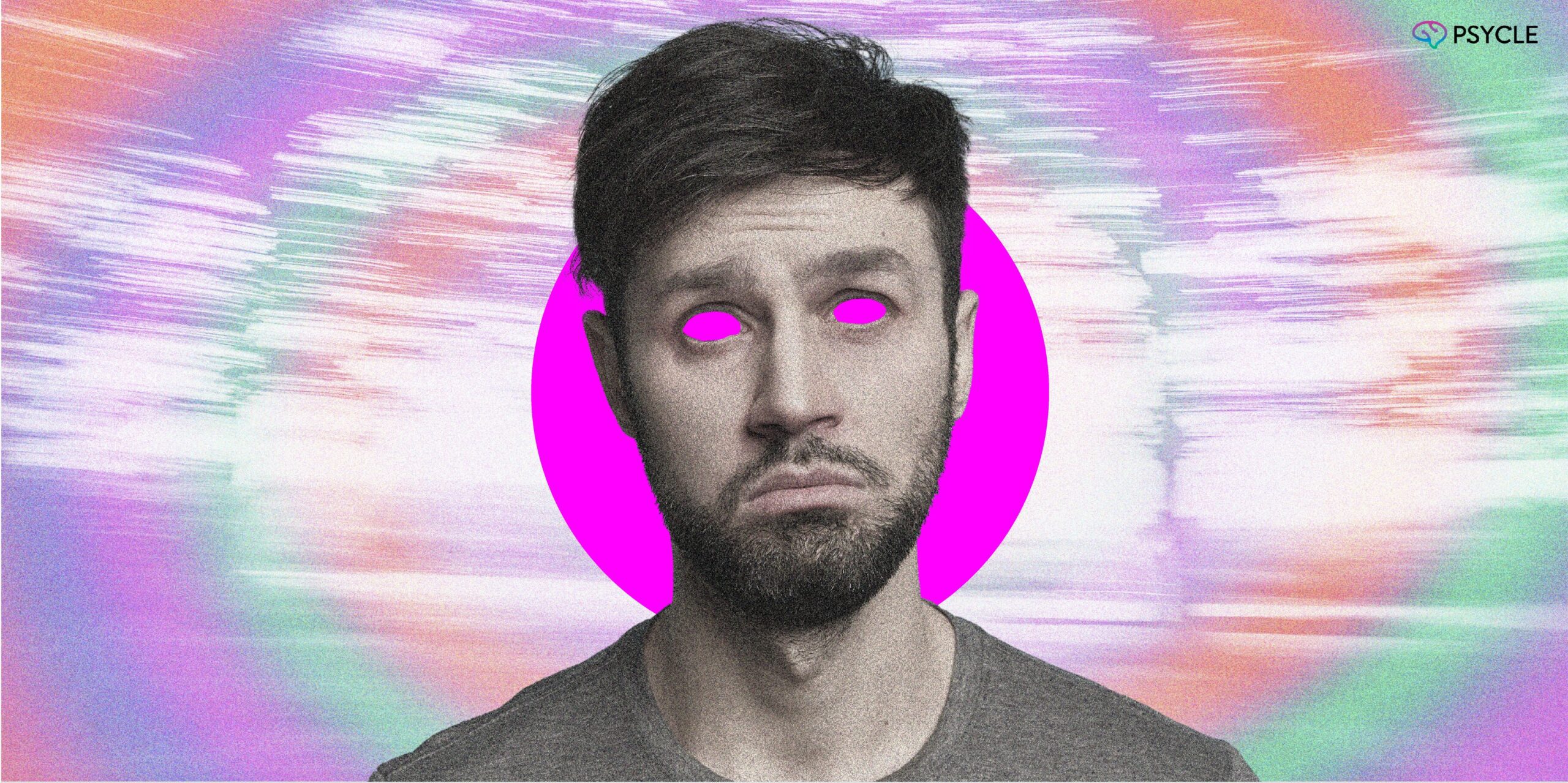If you’re considering ketamine therapy, you may wonder if it can induce a “high” similar to recreational drug use. It’s a valid concern, as ketamine is sometimes abused for its psychoactive effects. However, ketamine therapy is a medical treatment administered in controlled doses under the supervision of a qualified healthcare professional.
Key Takeaways
- Ketamine therapy is a medical treatment, not recreational drug use
- It is administered in controlled doses under medical supervision
- Ketamine therapy has unique effects and benefits for mental health
- The potential to get “high” with ketamine therapy is low
- Consult with a healthcare professional to determine if ketamine therapy is right for you
Understanding Ketamine Therapy: Effects and Benefits
Ketamine therapy is an innovative treatment showing promising results in treating a range of mental health conditions. This therapy involves the administration of controlled doses of ketamine under medical supervision.
Effects of Ketamine Therapy
The effects of ketamine therapy can vary depending on the individual and condition. However, some common effects of ketamine therapy include:
- Alleviation of treatment-resistant depression
- Reduction of anxiety and PTSD symptoms
- Improved mood and overall well-being
- In some cases, relief from chronic pain
Ketamine therapy has also been shown to have rapid-acting effects, with some patients experiencing relief within hours of treatment.
Benefits of Ketamine Therapy
Ketamine therapy offers several benefits over traditional treatments for mental health conditions. Some of these benefits include:
- Improved outcomes for treatment-resistant depression and other mental health conditions
- Fewer side effects compared to traditional treatments
- Rapid-acting effects
- May reduce the need for hospitalization or other intensive treatments
If you are struggling with a mental health condition and traditional treatments have not been effective, ketamine therapy may be a viable option.
It is important to note that only qualified medical professionals should administer ketamine therapy in a controlled environment or clinical environment.
If you want to explore ketamine therapy as a treatment option, speak with your healthcare provider to determine if it is right for you.
Conclusion
So, does ketamine therapy get you high? The answer is yes & no – not in the same way that recreational use of the drug might. Ketamine therapy is administered in controlled doses under medical supervision and is designed to provide therapeutic benefits for conditions like depression and anxiety. Some patients may also experience dissociation. This should be noted as it can be very scary and disorienting for some folks.
Despite its reputation as a party drug, ketamine has shown promising results as a treatment for mental health issues. Studies have demonstrated that ketamine therapy can significantly relieve treatment-resistant depression, anxiety, and PTSD symptoms. While the effects of ketamine therapy can vary from person to person, many individuals have reported feeling a sense of calm and clarity following treatment.
If you are considering ketamine therapy as an option, it is essential to consult with a qualified medical professional is essential. They can help you determine if the treatment is right for you and provide guidance on what to expect during the process. Remember, the goal of ketamine therapy is to improve your mental well-being, and it should always be approached with care and caution.
FAQ
Does ketamine therapy get you high?
No, ketamine therapy does not typically induce a high like recreational drug use might. It is administered in controlled doses under medical supervision to provide therapeutic benefits for conditions like depression and anxiety. However, ketamine therapy does carry a low risk of abuse and addiction. Your healthcare provider can discuss this and other concerns about ketamine.
What are the effects of ketamine therapy?
Ketamine therapy has shown potential in alleviating treatment-resistant depression, reducing anxiety, and addressing PTSD symptoms. The effects can vary depending on the individual, but the treatment aims to improve mental well-being.
What are the benefits of ketamine therapy?
Ketamine therapy may provide rapid, long-lasting relief for individuals who have not responded well to traditional treatments for depression, anxiety, and PTSD. It offers a new option for those seeking alternative methods to improve their mental health.
Should I consult with a medical professional before considering ketamine therapy?
Yes, it is essential to consult with a qualified medical professional to determine if ketamine therapy is the right option for you. They can assess your individual needs and provide guidance on the potential benefits and risks of the treatment.
How does ketamine therapy differ from the recreational use of ketamine?
Ketamine therapy is administered under medical supervision and in controlled doses for therapeutic purposes. Recreational use of ketamine is typically associated with seeking a recreational high, which is not the goal of ketamine therapy.
Is ketamine therapy a proven treatment?
Ketamine therapy has shown promising results in several clinical studies and is considered an innovative treatment option for certain mental health conditions. However, it is important to note that individual responses may vary, and ongoing research is being conducted to understand ketamine therapy’s efficacy and safety.

